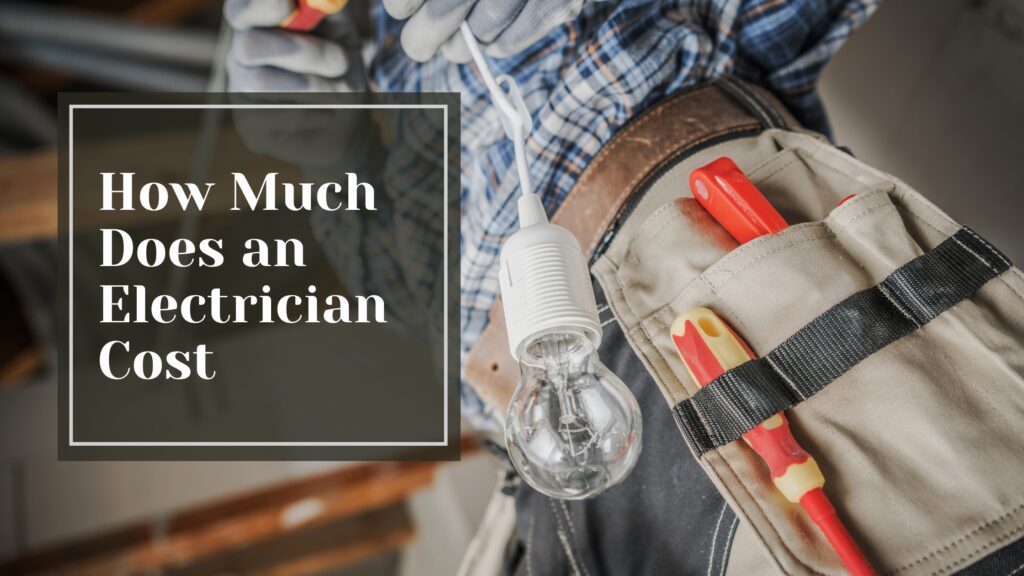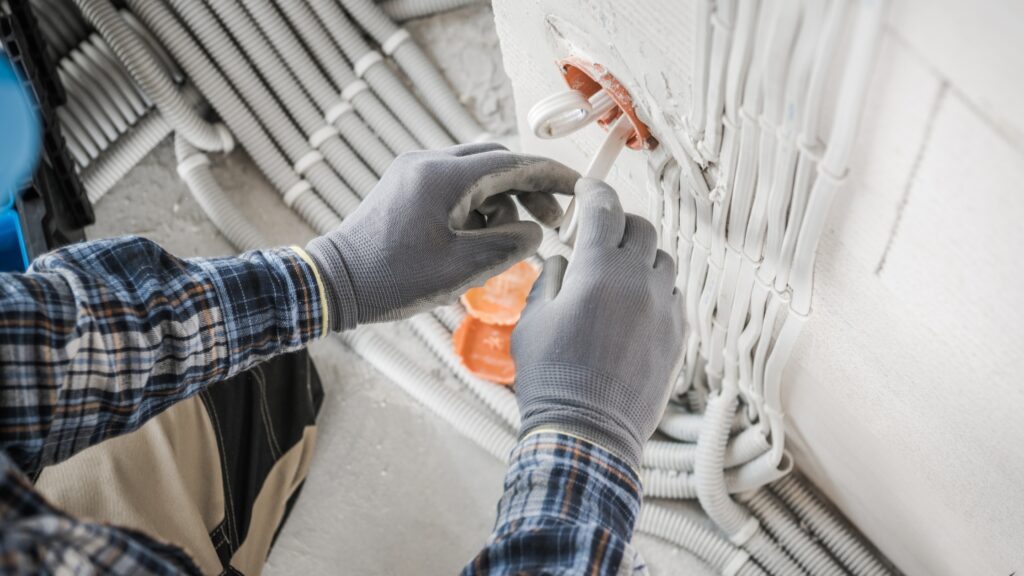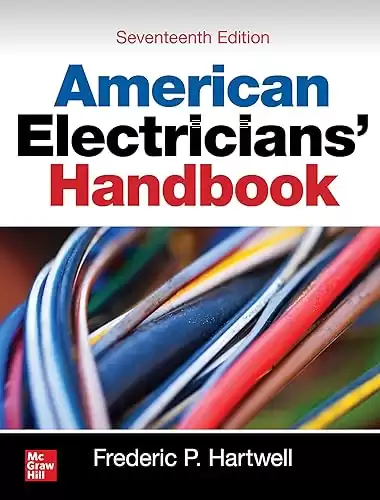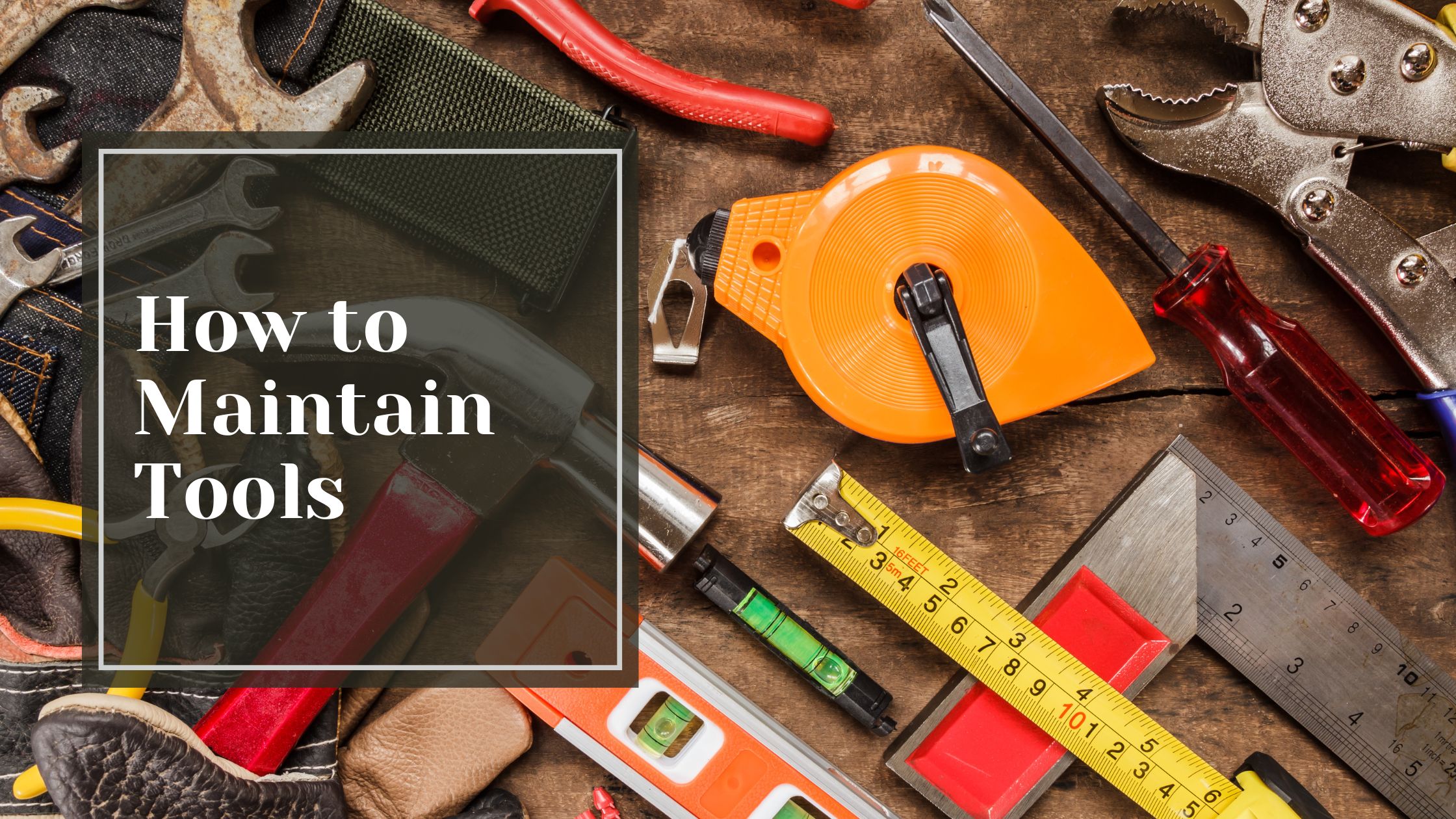You’re here because you’re wondering: “How much does it cost to hire an electrician in 2024?” We get it. When something goes awry with your electrical system, you want to know what you’re getting yourself into before calling in a pro. The last thing you need is sticker shock when you’re already dealing with faulty wiring or flickering lights. We’ve got the insider scoop to help you budget for electrician fees.
Table of Contents
ToggleAverage Electrician Hourly Rates in 2024
Residential vs. Commercial Work
For residential installations and repairs, you can expect to pay on the lower end of the range, typically between $50 to $70 per hour. Commercial and industrial projects that require special certifications and skills will be on the higher end, from $70 to $100 per hour or more.
Location Matters
Rates also differ quite a bit based on where you live. Electricians in large cities and metropolitan areas like San Francisco, New York, and Washington D.C. generally charge the highest rates, often $10 to $30 more per hour than the national average. More rural and suburban areas typically fall within or slightly below the average range.
Experience and Certification
An electrician’s years of experience and level of certification also significantly impact their rates. A master electrician with 10+ years of experience and certifications in areas like lighting design or home automation will charge rates at the higher end of the range or above, while an apprentice just starting will be on the lower end.
Complexity and Specialization
The complexity and technicality of the job plays a role in rates as well. Installations and repairs that require specialized skills, equipment, or certifications like EV charging stations, emergency generators, or smart home wiring will be billed at a higher rate. Basic services like installing additional outlets, lighting fixtures, or minor breaker panel repairs will be on the lower end of the range.
Factors That Affect Electrician Prices
Getting work done by an electrician can vary quite a bit depending on several factors.
Experience and qualifications
More experienced electricians, especially those with certifications like becoming a master electrician, generally charge higher rates. Their knowledge and skills allow them to complete jobs more efficiently and tackle more complex work. If you have a complicated electrical project, it may be worth paying extra for an electrician with the proper experience and credentials.
Type of work
The specific type of work needed will directly impact the cost. Installing new lighting fixtures or outlets will be on the lower end of the scale. Rewiring an entire house, upgrading an electrical panel, or installing a home backup generator will be much more expensive jobs. Commercial electrical work and new construction projects also tend to cost significantly more than residential needs.
Materials required
The materials and components required for the job will increase the total bill. High-quality or specialized parts tend to cost more. The electrician will likely charge extra for any materials they supply, on top of their labor charges. It may be possible to save money by purchasing any needed materials yourself ahead of time. However, it is best to consult the electrician first to ensure you get the proper supplies.
Location and accessibility
The location of the necessary electrical components and the ease of accessing them also determines the price. For example, running wiring through finished walls or crawl spaces where it is difficult to navigate can take much longer and require more effort. The electrician may charge extra in these situations. Having wiring that is exposed and easy to reach, on the other hand, will typically cost less.
Types of Electrical Jobs and Their Costs
When it comes to hiring an electrician, the costs can vary quite a bit depending on the specific job. Some of the most common types of electrical work homeowners need and their typical price ranges are:
Minor Repairs – $50 to $200
For small issues like installing an outlet, switch, or fixture or repairing a minor wiring problem, you’ll usually pay between $50 to $200. Basic service calls also fall into this range. These are typically billed at an hourly rate, so the total will depend on how long the job takes.
Whole House Rewiring – $3,000 to $10,000
If your home’s electrical system needs a complete overhaul, rewiring the entire house will cost $3,000 to $10,000 or more, depending on the square footage. This includes installing new breakers, wiring, and outlets to bring your home up to the latest electrical code. It’s a big investment, but important for safety and improving your home’s value.
New Breaker Box Installation – $500 to $3,000
Upgrading your home’s breaker box or main service panel to a new model with more capacity and circuits will run $500 to $3,000 on average. The exact cost depends on the amperage and number of circuits in the new panel. This is an important job if your existing breaker box is outdated or overloaded.
New Electrical for Remodels/Additions – $1,500 to $10,000
Any major renovation like a kitchen remodel, bathroom addition, or new garage will also require electrical work to power the new space. You can expect to pay $1,500 to $10,000 or more for installing wiring, lighting, outlets, and other components in the remodeled or new area of your home. The scope and details of the project will determine the total cost.
Ways to Save on Electrician Services
Do Some Troubleshooting Yourself
Before calling an electrician for minor issues, try some basic troubleshooting yourself. Flip the circuit breaker to see if that resolves the problem. Check if any fuses need replacing. Tighten any loose connections or wiring you find. These small fixes can save you from paying for an electrician’s visit. If the issue continues, you’ve at least narrowed down the possibilities for the electrician to diagnose.
Get Multiple Estimates
Don’t just go with the first electrician you call. Get estimates from at least three local electricians for any major work. Compare the prices and services to find a balance of affordability and quality. Ask if they charge for the initial site visit and estimate. Some electricians will waive or discount this fee if you hire them for the actual job. Make sure each electrician is properly licensed and insured before hiring them.
See if You Can Do Part of the Work
For some jobs like rewiring or upgrading your electrical panel, ask if you can do basic tasks to save money. You may be able to drill holes, pull cables, mount boxes, or paint and patch drywall. Let the electrician focus on the technical work. Just make sure you get clear instructions for what you’re responsible for before they start. Have them inspect your work as you go to ensure it’s done properly.
Ask About Ways to Reduce the Bill
There are often ways an electrician can lower costs for you. They may be able to reuse some existing wiring or components. They may give you a discount for bundling multiple jobs together. If you need an upgrade due to code requirements, they may only need to do the minimum necessary to meet the new code. Some electricians offer lower rates for work done during off hours. It never hurts to ask if there are any ways they can reduce the total bill for your needs.
The "American Electricians' Handbook, Seventeenth Edition" is a practical, on-the-job resource packed with essential information on current energy-efficient technologies, safety methods, and industry standards. With detailed explanations, diagrams, and calculations, it's an indispensable tool for electricians at all skill levels.
How Much Does an Electrician Cost
So there you have it! The typical costs to hire an electrician in 2024 for common electrical jobs around your home. As you saw, prices can vary based on the project, your location, the electrician’s experience level, and other factors. The range is pretty wide – from $50 for a simple outlet swap to $2,000+ for a full panel upgrade. Now that you know what to expect, you can budget accordingly and find an experienced, licensed electrician that fits your needs and price point. Just remember to get multiple quotes, verify their credentials, and don’t always go with the lowest bid. Quality electrical work is well worth paying a little extra for in the long run when it comes to safety.
Frequently Asked Questions
What Factors Affect How Much An Electrician Costs?
The cost of hiring an electrician can be influenced by several factors, including the complexity of the job, the electrician’s experience and certification, the location, and the materials required. For example, specialized tasks like installing EV charging stations or emergency generators will cost more than basic services like installing outlets or light fixtures.
How Much Does An Electrician Cost For Residential Work?
For residential work, the average cost of hiring an electrician ranges from $50 to $70 per hour. This rate can vary based on the region and the electrician’s level of experience. Urban areas typically have higher rates, whereas rural areas may be less expensive.
How Much Does An Electrician Cost For A Whole House Rewiring?
The cost of rewiring an entire house can range from $3,000 to $10,000 or more, depending on the home’s size and the complexity of the electrical system. This includes installing new breakers, wiring, and outlets to ensure the house meets current electrical codes.
Are There Ways To Save On Electrician Costs?
Yes, there are several ways to save on electrician costs. Consider doing some basic troubleshooting yourself, get multiple estimates from different electricians, and see if you can do some of the preparatory work. Additionally, ask the electrician if there are any ways to reduce the bill, such as reusing existing materials or bundling multiple jobs together.
How Much Does An Electrician Cost For A Breaker Box Installation?
Installing a new breaker box typically costs between $500 and $3,000, depending on the amperage and number of circuits required. Upgrading an outdated or overloaded breaker box is crucial for safety and may vary in cost based on the specific needs of your home.










